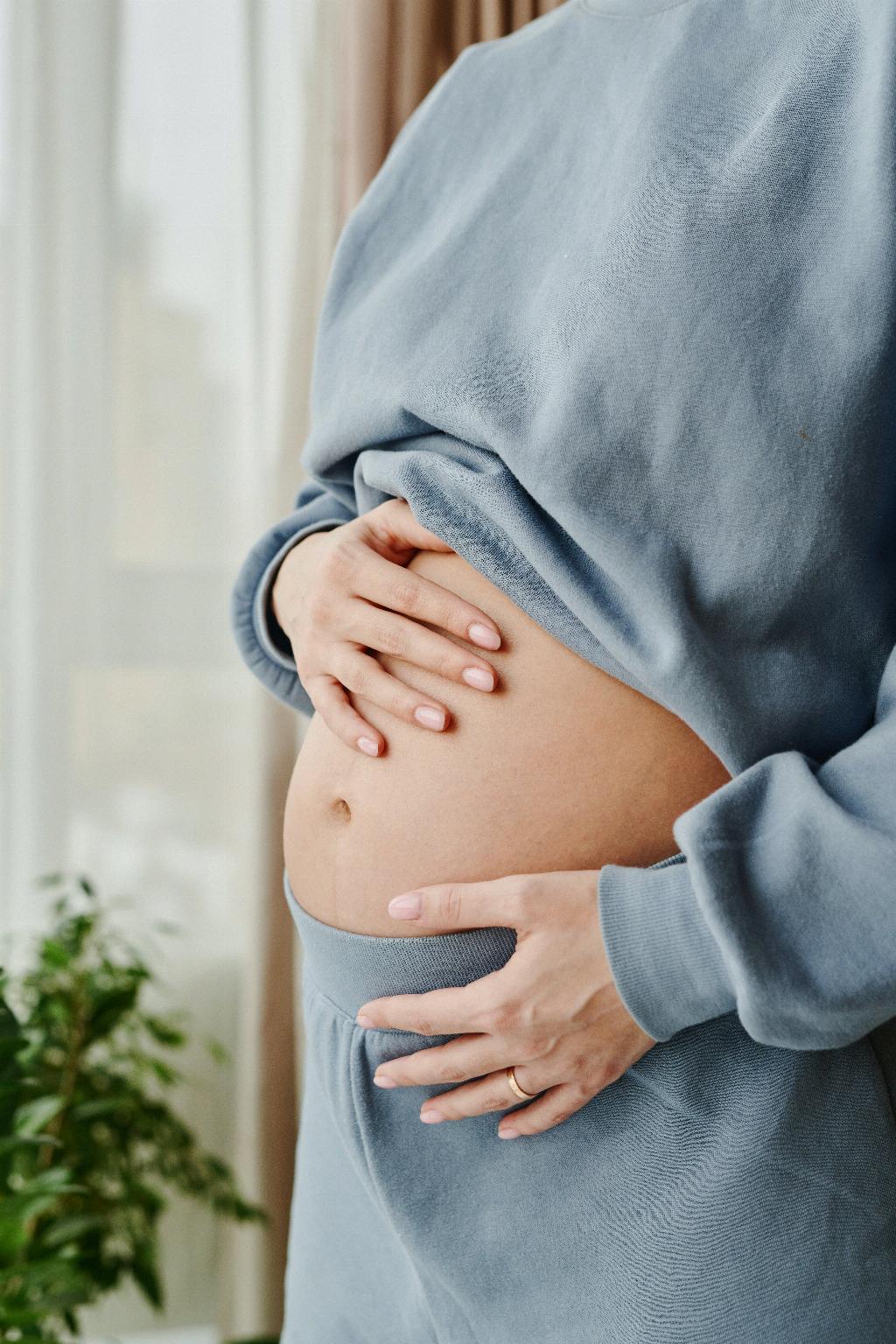Experiencing pain in the top of your stomach during pregnancy is not uncommon, especially as your body goes through various changes to accommodate the growing baby. As the uterus expands and pushes against other organs, it can lead to discomfort and pain in different areas of the abdomen.
Causes of Upper Abdominal Pain
One common cause of pain in the upper stomach during pregnancy is the pressure exerted by the expanding uterus on the surrounding organs, such as the stomach and diaphragm. This pressure can result in a feeling of fullness, bloating, and discomfort in the upper abdominal region.
Signs of Pre-Eclampsia
However, if the pain in the top of your stomach is severe or persistent, especially if it is localized on the right side, it could be a sign of a more serious condition known as pre-eclampsia. Pre-eclampsia is a pregnancy complication characterized by high blood pressure and signs of damage to other organs, such as the liver and kidneys.
The Importance of Seeking Medical Attention
If you are experiencing persistent or severe pain in the upper stomach during pregnancy, it is crucial to seek medical attention promptly. Pre-eclampsia can have serious implications for both the mother and the baby if left untreated, so it is essential to have a healthcare provider evaluate your symptoms.
Other Possible Causes of Upper Abdominal Pain
In addition to pre-eclampsia, there are other potential reasons why you may be experiencing pain in the top of your stomach during pregnancy. These include gastrointestinal issues such as indigestion, heartburn, or constipation, which are common discomforts during pregnancy.
Managing Upper Abdominal Pain
There are several measures you can take to help alleviate the discomfort of upper abdominal pain during pregnancy. Eating smaller, more frequent meals, avoiding spicy or fatty foods, and remaining upright after eating can help reduce symptoms of indigestion and heartburn.
Staying Hydrated and Resting
Drinking plenty of water and staying hydrated is essential for overall health during pregnancy. Proper hydration can help prevent constipation and promote regular bowel movements, which can contribute to reducing abdominal discomfort.
Importance of Regular Prenatal Check-ups
Attending regular prenatal check-ups with your healthcare provider is crucial for monitoring your health and the health of your baby throughout pregnancy. By discussing any symptoms of upper abdominal pain with your provider, they can help determine the underlying cause and provide appropriate management.
Listening to Your Body
It’s essential to listen to your body and not ignore any persistent or severe pain in the upper stomach during pregnancy. While some discomfort is normal due to the changes your body is undergoing, certain symptoms may warrant medical attention to ensure the well-being of you and your baby.
Seeking Support and Guidance
During pregnancy, it’s important to have a support system in place to help you navigate the various discomforts and challenges that may arise. Whether it’s seeking advice from healthcare providers, joining prenatal classes, or connecting with other expecting mothers, having support can make a significant difference in your pregnancy journey.
Conclusion
In conclusion, experiencing pain in the top of your stomach during pregnancy can be attributed to a variety of factors, ranging from normal physiological changes to more serious conditions like pre-eclampsia. It is essential to pay attention to your symptoms, seek medical guidance when needed, and take proactive steps to manage any discomfort to ensure a healthy pregnancy for you and your baby.

